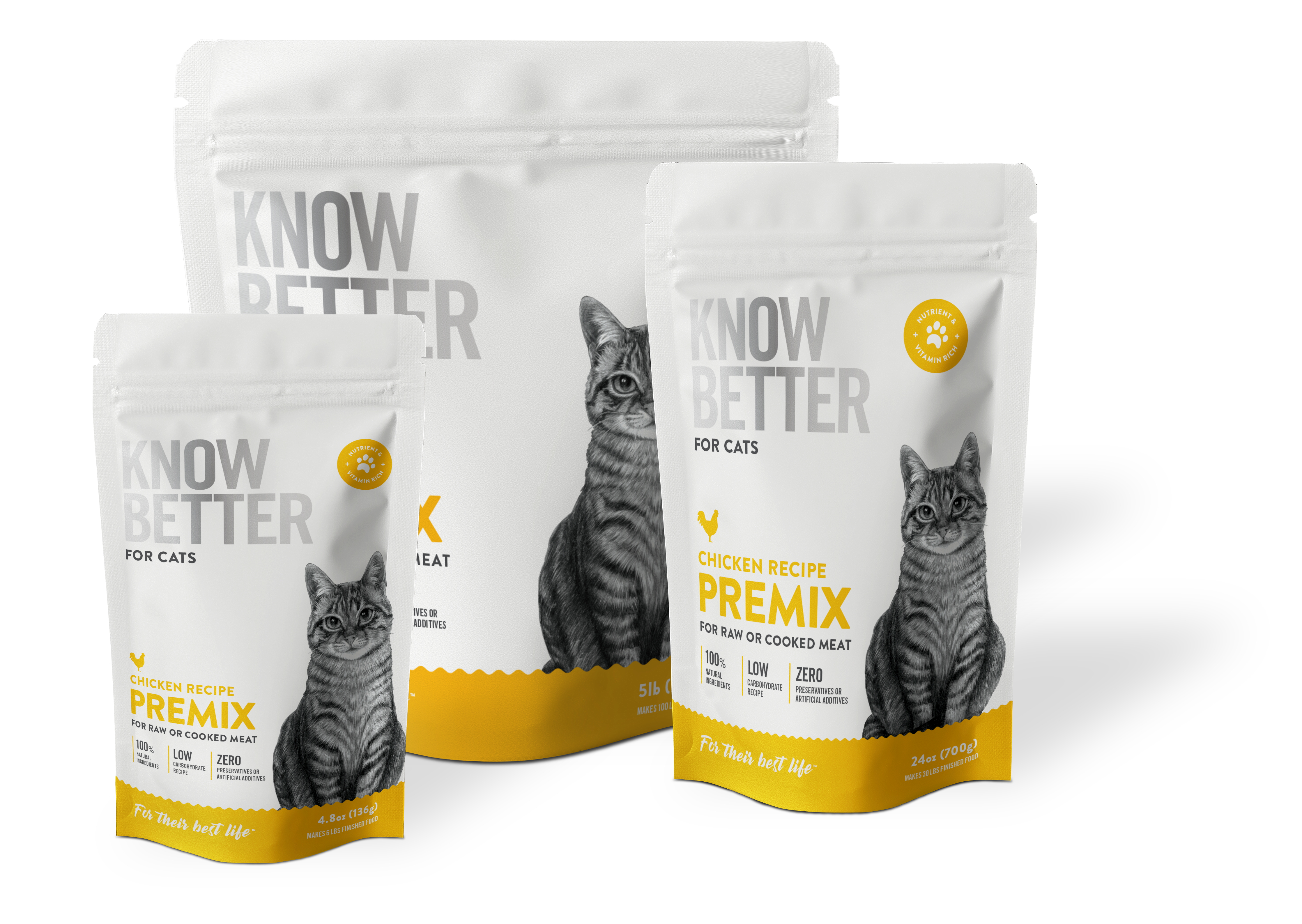Youth Unleashed
Exploring the vibrant voices and trends shaping the youth culture today.
Pet Food Fads: Which Trendy Ingredients Are Actually Worth the Hype?
Uncover the truth behind trendy pet food ingredients! Are the latest fads worth your money? Find out now and keep your pet happy and healthy!
Are Superfoods the Secret to a Healthier Pet Diet?
The term superfoods has gained significant popularity in recent years, not just for human diets but also for our furry companions. These nutrient-dense foods are rich in vitamins, minerals, and antioxidants, which can help enhance your pet's overall health. Adding superfoods such as blueberries, carrots, and kale to your pet's diet can provide numerous health benefits, including improved digestion and increased energy levels.
However, it's essential to remember that while superfoods can be a great addition to your pet's diet, they should not replace balanced pet food. Always consult your veterinarian before making any significant changes to your pet's diet to ensure their specific nutritional needs are met. Incorporating superfoods can be done gradually, ensuring your pet's system adjusts well. For more information on how to incorporate superfoods into your pet's meals, check out resources that focus on pet nutrition.

The Truth Behind Grain-Free Pet Food: Is It Right for Your Fur Baby?
The popularity of grain-free pet food has surged in recent years, largely driven by pet owners seeking alternative diets for their fur babies. Proponents of grain-free diets argue that they mimic a more ancestral canine or feline diet, which is believed to be richer in protein and lower in carbohydrates. However, it’s essential to be aware of emerging research linking grain-free diets to potential health concerns, such as canine dilated cardiomyopathy (DCM). For a thorough overview of the ongoing debate around grain-free diets and heart health, pet owners should stay informed about the latest findings.
When considering whether grain-free pet food is suitable for your fur baby, it's crucial to evaluate your pet's specific dietary needs. Some dogs and cats may indeed benefit from a grain-free diet due to allergies or intolerances, while for others, grains can provide beneficial nutrients and fiber. Consulting with a veterinarian can help you make the best decision for your pet’s health. Additionally, when selecting pet food, look for reputable brands and consider reviews and ingredient transparency to ensure you're choosing a high-quality product that supports your pet's overall well-being.
Understanding Novel Proteins: Are They Beneficial or Just a Trend?
The term novel proteins refers to protein sources that are not commonly found in traditional food supplies, often derived from insects, algae, or lab-grown alternatives. As the demand for sustainable and environmentally-friendly food sources grows, these innovative proteins have garnered significant attention. According to a report by the Nature Reviews, novel proteins have the potential to reduce the ecological footprint associated with conventional livestock farming while meeting global protein needs. This evolution in our food supply chain could be a necessary shift towards a more sustainable future, but it raises the question of whether these proteins are truly beneficial or simply a fleeting trend.
One key factor to consider is the nutritional benefits of novel proteins. Many of these sources are packed with essential amino acids, vitamins, and minerals necessary for human health. For instance, research published in the Journal of Food Science highlights that protein derived from insects offers a complete amino acid profile and is rich in micronutrients. However, skepticism remains about their acceptance among consumers, with various cultural barriers and taste preferences influencing their adoption. Ultimately, understanding the true potential of novel proteins requires a balanced examination of both their health benefits and the societal implications of incorporating them into our diets.